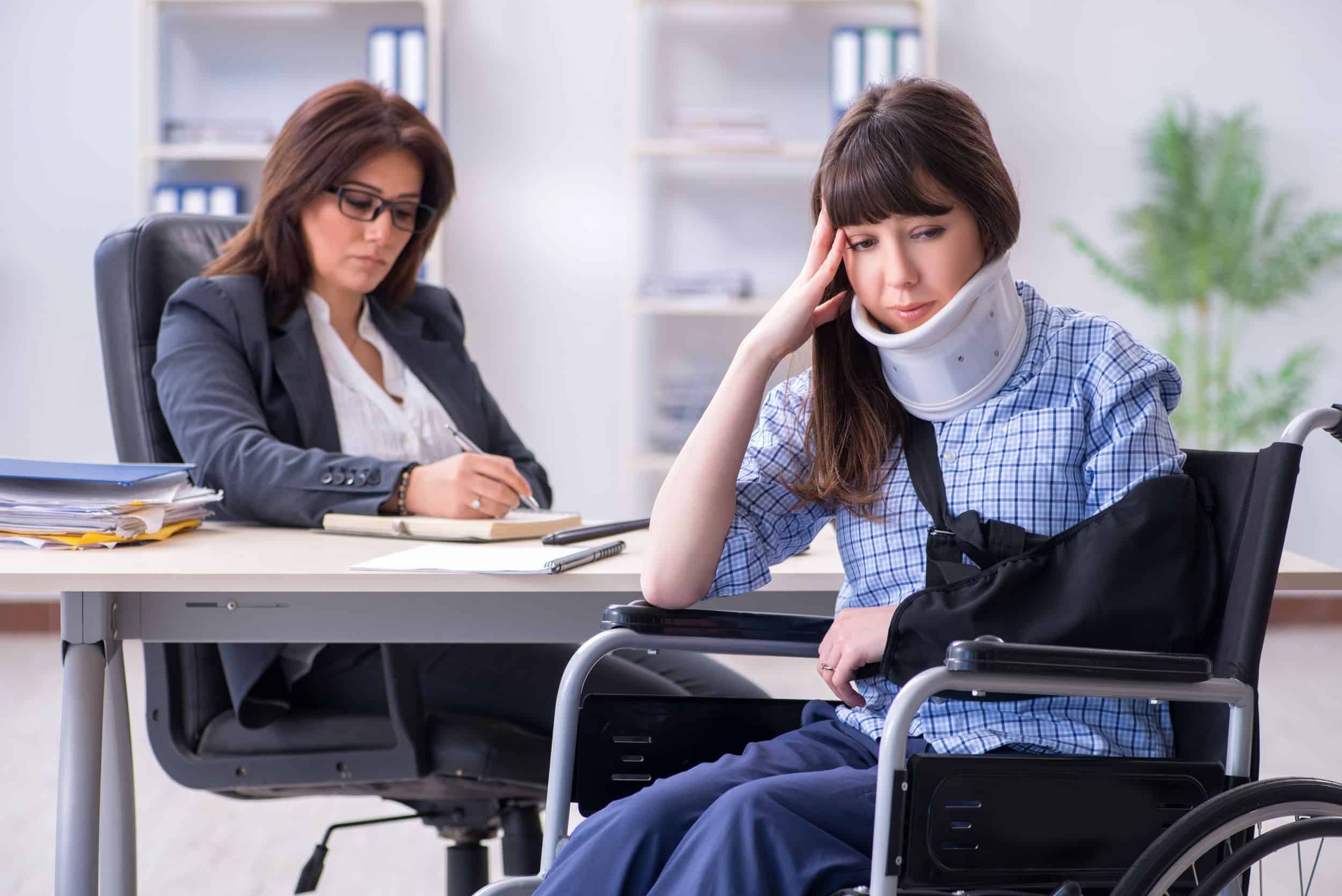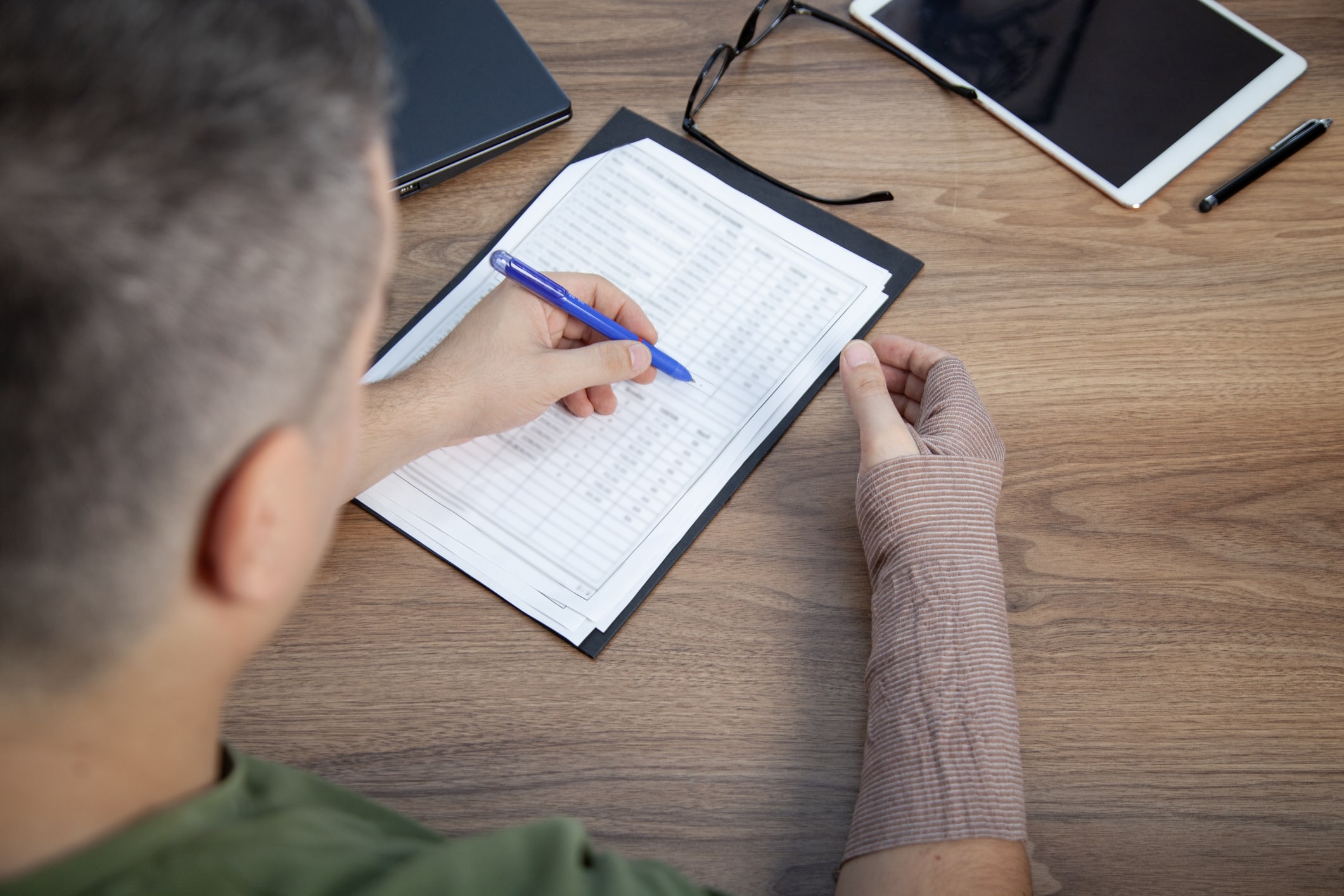How Insurance Impacts Premises Liability Claims in Philadelphia
Premises liability claims are a crucial aspect of personal injury law, addressing injuries that arise from dangerous conditions on another person’s property. In Philadelphia, a city known for its mix of urban living and historic architecture, understanding the role of insurance in these claims is vital for both victims and property owners.
This blog will delve into how insurance impacts premises liability cases, the various types of coverage involved, and the importance of hiring a Philadelphia premises liability lawyer to help navigate the complexities of these claims.
What is Premises Liability?
Premises liability refers to the legal obligation of property owners to ensure that their property is safe for visitors. This branch of liability law addresses a range of hazards, from slip-and-fall accidents to negligent security that could lead to assaults.
To win your valid premises liability claim, the injured person must show that the responsible party didn’t pursue reasonable care in maintaining a safe environment. You must also prove that the property owner knew about a hazardous condition and neglected to address it, or that they should have been aware of it.
In Pennsylvania, the level of care required from property owners varies based on the visitor’s status—whether they are trespassers, licensees, or invitees. Recognizing these distinctions is essential for anyone considering a potential claim.
The Importance of Insurance in Premises Liability Claims
Insurance is often the linchpin in premises liability claims, providing the financial resources needed to compensate injured parties. Property owners typically carry various forms of premises liability insurance designed to cover accidents that occur on their premises. Here are several key factors illustrating the importance of insurance in these claims:
- Coverage Limits: Every insurance policy includes defined coverage limits that establish the highest amount the insurer is willing to pay for a claim. In cases of severe injury, such as traumatic brain injuries, medical bills and lost wages can accumulate rapidly. Understanding the property owner’s insurance limits is crucial for victims when assessing the viability of a claim.
- Claims Process: Next, the insurer will assess your claim and make a decision. This investigation can significantly influence how quickly and successfully a claim is resolved. Victims should be prepared for the possibility of delays or even denials based on the insurance company’s findings.
- Negotiation and Settlement: The claims process often involves negotiations between the injured party and the insurance company. Adjusters might propose settlements that fall short of what the injured person is entitled to. Having a premises liability lawyer by your side at this point can be crucial, as it helps ensure that claimants obtain fair compensation and are not exploited in the negotiation process.
Types of Insurance Relevant to Premises Liability
In Philadelphia, various types of insurance policies can directly impact premises liability claims. Each type of coverage has its nuances and limitations, making it essential for both property owners and victims to understand the implications:
- General Liability Insurance: This is the most common form of coverage for businesses and property owners. General liability insurance typically covers slip-and-fall incidents and other injuries that occur on the premises. However, it’s important to review the specifics of the policy, as certain exclusions may apply.
- Homeowner’s Insurance: For residential properties, homeowner’s insurance typically provides premises liability coverage for incidents that happen on the premises. Similar to general liability insurance, the level of coverage can differ widely among policies, making it essential to carefully examine the specifics of each one.
- Umbrella Insurance: Some property owners opt for umbrella insurance to provide additional premises liability coverage beyond what standard policies offer. You may be able to take advantage of umbrella insurance in situations where injuries lead to substantial claims that surpass standard coverage limits.
- Commercial Property Insurance: Business property owners may carry commercial property insurance, which often includes liability coverage. Commercial property insurance protects against various risks, including injuries sustained on the property.
The Premises Liability Claims Process: What to Expect
The premises liability process can be intricate. Here’s what victims can generally expect:
- Filing a Claim: The injured party or their Philadelphia premises liability attorney files a claim with the property owner’s insurance company. This includes submitting documentation such as medical expenses and records, photographs of the incident site, and witness statements.
- Investigation: Once the claim is filed, the insurance company will conduct an investigation. This often involves gathering evidence, interviewing witnesses, and reviewing any reports related to the incident. The insurer will assess the validity of the claim, determining whether the property owner was negligent.
- Evaluation and Settlement Offers: After the investigation, the insurance company will evaluate the claim and may make a settlement offer. This offer is typically based on their assessment of liability and the potential costs associated with the claim. It’s not uncommon for initial offers to be significantly lower than what victims deserve.
- Negotiation: If the injured party feels that the settlement offer is insufficient, negotiations can begin. This stage may involve back-and-forth discussions between the claimant and the insurance adjuster. Our law firm can be particularly beneficial during negotiations to ensure that the victim’s interests are protected.
- Litigation: If a fair settlement cannot be reached, the injured party may choose to file a premises liability lawsuit against the negligent property owner. This step is often seen as a last resort, as it can be time-consuming and costly. However, having an experienced attorney can make a significant difference in how the case is presented in court.
The Role of Insurance Investigations in Claims
Insurance companies conduct detailed investigations after an incident occurs. This process can include reviewing surveillance footage, examining physical evidence, and obtaining witness statements. The findings from these investigations significantly influence whether a claim is approved and what compensation is offered.
Insurers are primarily focused on minimizing their financial exposure. Consequently, they may attempt to challenge the validity of a claim by arguing that the injured party was partially at fault or that the incident was not a result of negligence. Victims should be aware that insurance companies are often well-resourced and experienced in handling claims. This reality underscores the importance of having an attorney to counter the tactics employed by insurers.
The Value of Legal Representation
Given the complexities of premises liability claims and the pivotal role of insurance, it is highly advisable for injured parties to seek legal assistance. An experienced Philadelphia premises liability attorney can provide invaluable support throughout the claims process. Here are a few key benefits of legal representation:
- Case Assessment: A qualified premises liability attorney can evaluate the specifics of the case, determining its strengths and weaknesses. They will analyze the circumstances surrounding the injury, applicable laws, and potential avenues for recovery.
- Negotiation Expertise: Attorneys who specialize in premises liability understand the negotiation tactics used by insurance companies. They can advocate for fair compensation and protect their clients from lowball offers.
- Litigation Preparedness: If a case cannot be resolved through negotiation, having a Philadelphia premises liability lawyer who is prepared to litigate is crucial. They can build a strong case, presenting evidence and arguments that effectively advocate for their clients’ rights.
- Maximizing Compensation: Our Philadelphia premises liability lawyers can help ensure that victims receive compensation that covers not only immediate medical bills but also long-term impacts, such as lost wages and ongoing medical treatment.
Conclusion: Protecting Your Rights in Premises Liability Claims
Understanding the role of insurance in premises liability claims is vital for anyone navigating this complex area of liability law in Philadelphia. The interplay between various insurance types, coverage limits, and the claims process can significantly impact the outcome of a premises liability case. If you or a loved one has been injured due to unsafe conditions on someone else’s property, consulting with an experienced premises liability attorney is essential.
At Lassiter & Associates, our Philadelphia premises liability lawyers are dedicated to protecting your rights and helping you secure the compensation you deserve. Don’t face this challenging process alone—contact us today for a free consultation on your premises liability case and let us guide you on the path to recovery.




